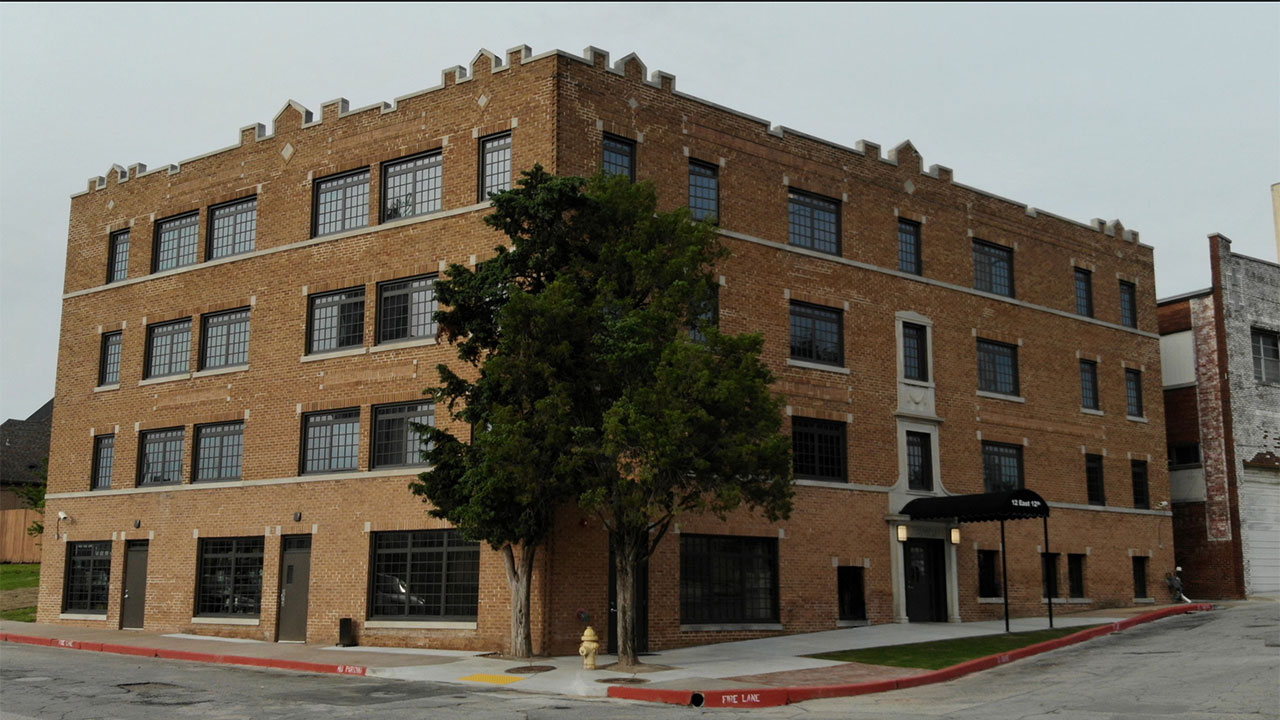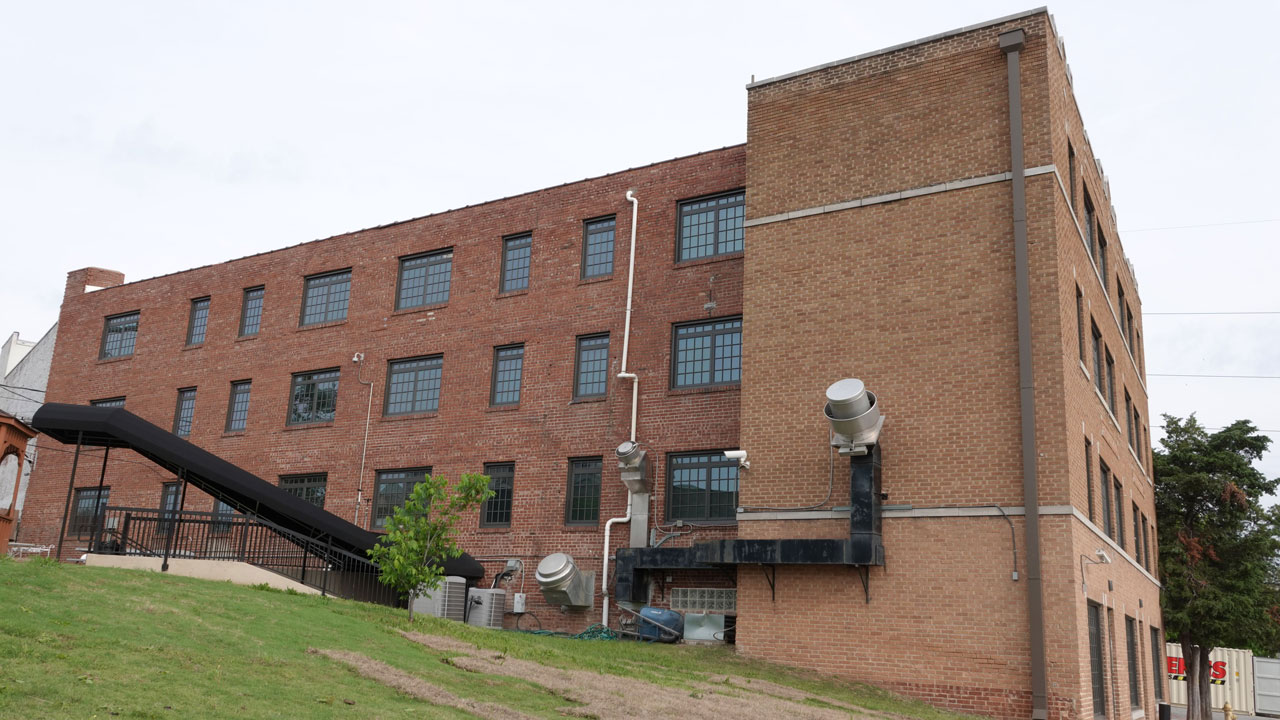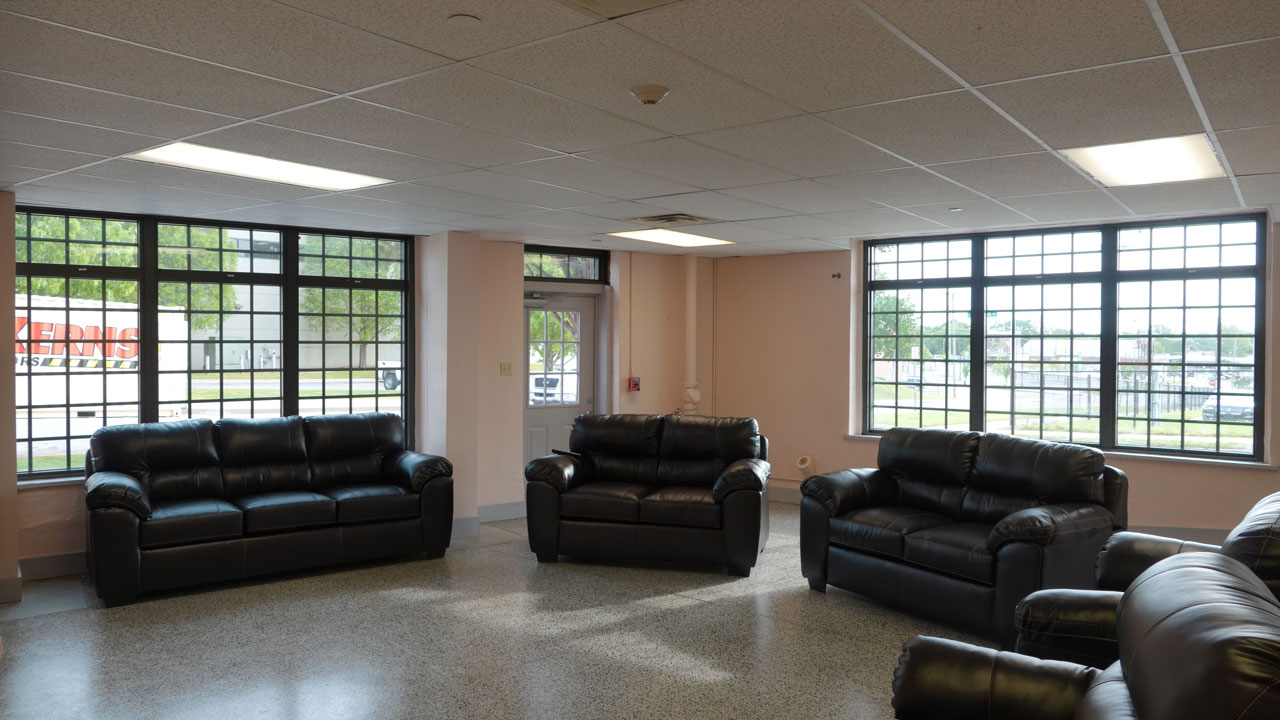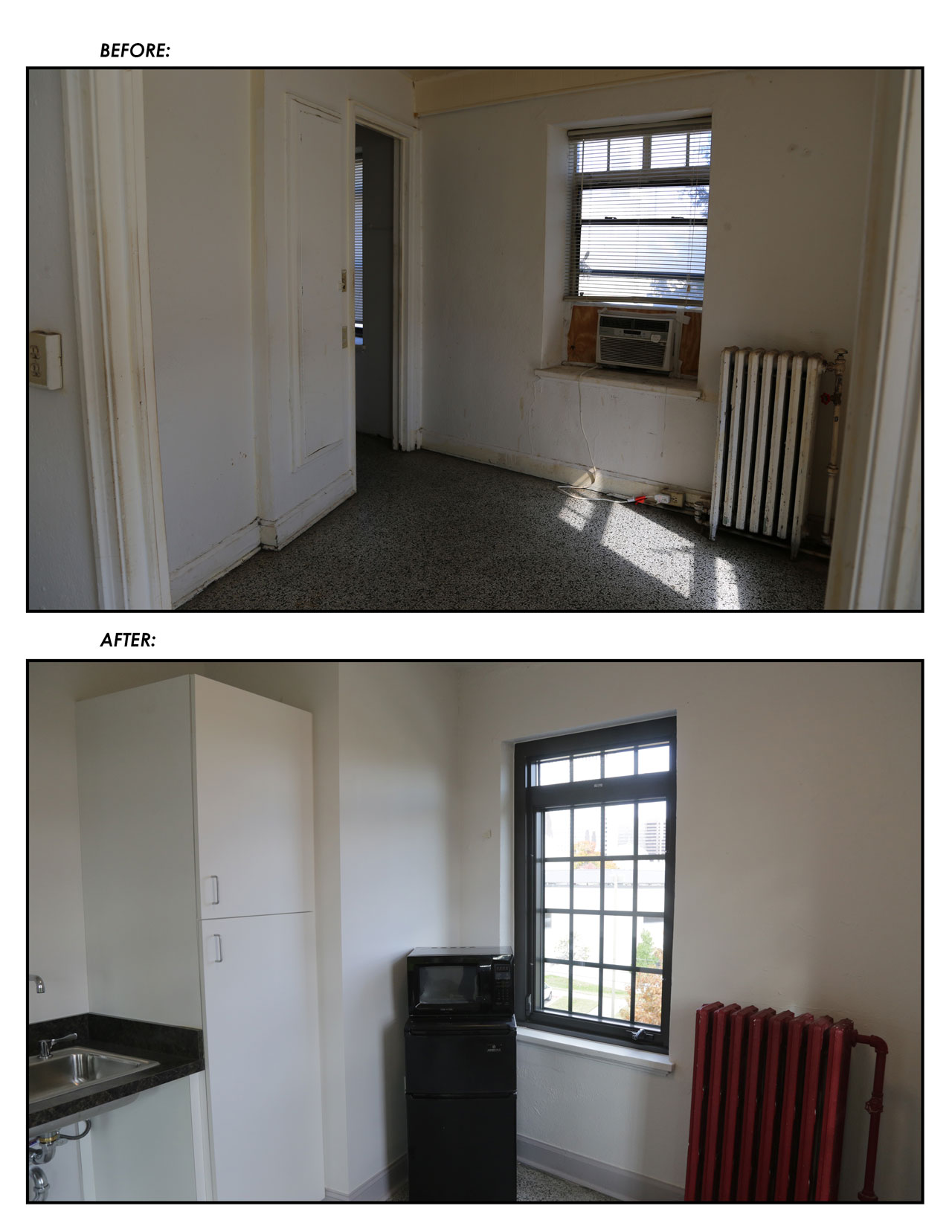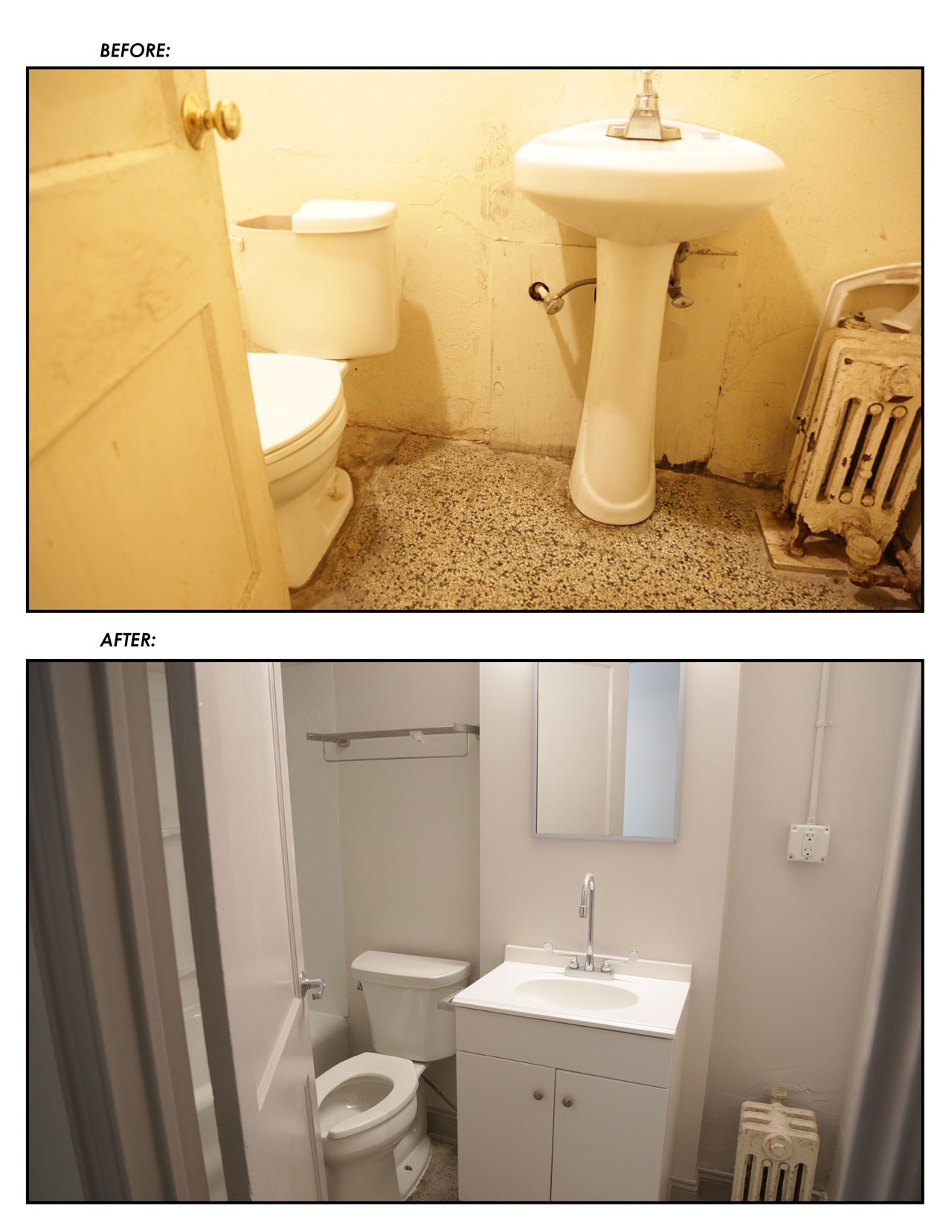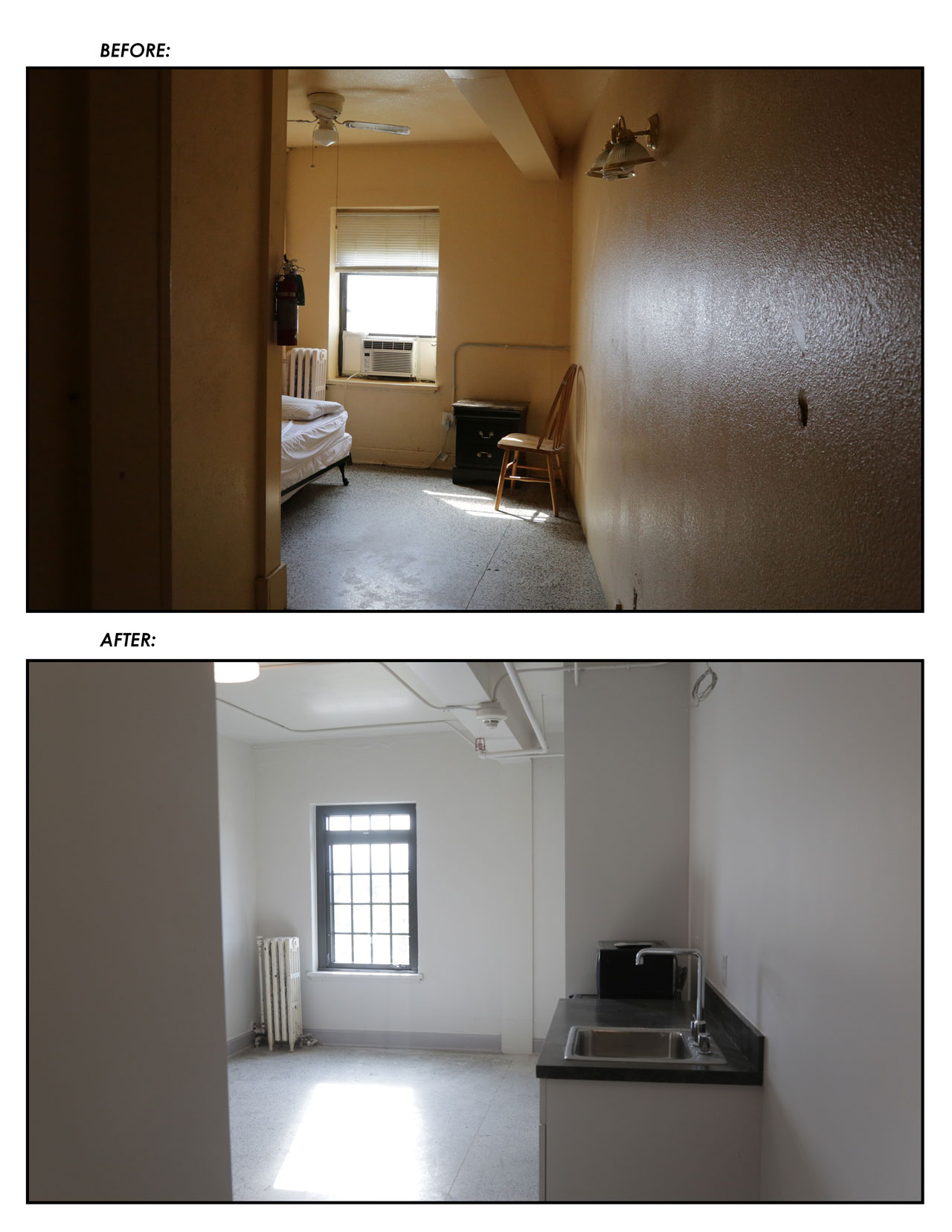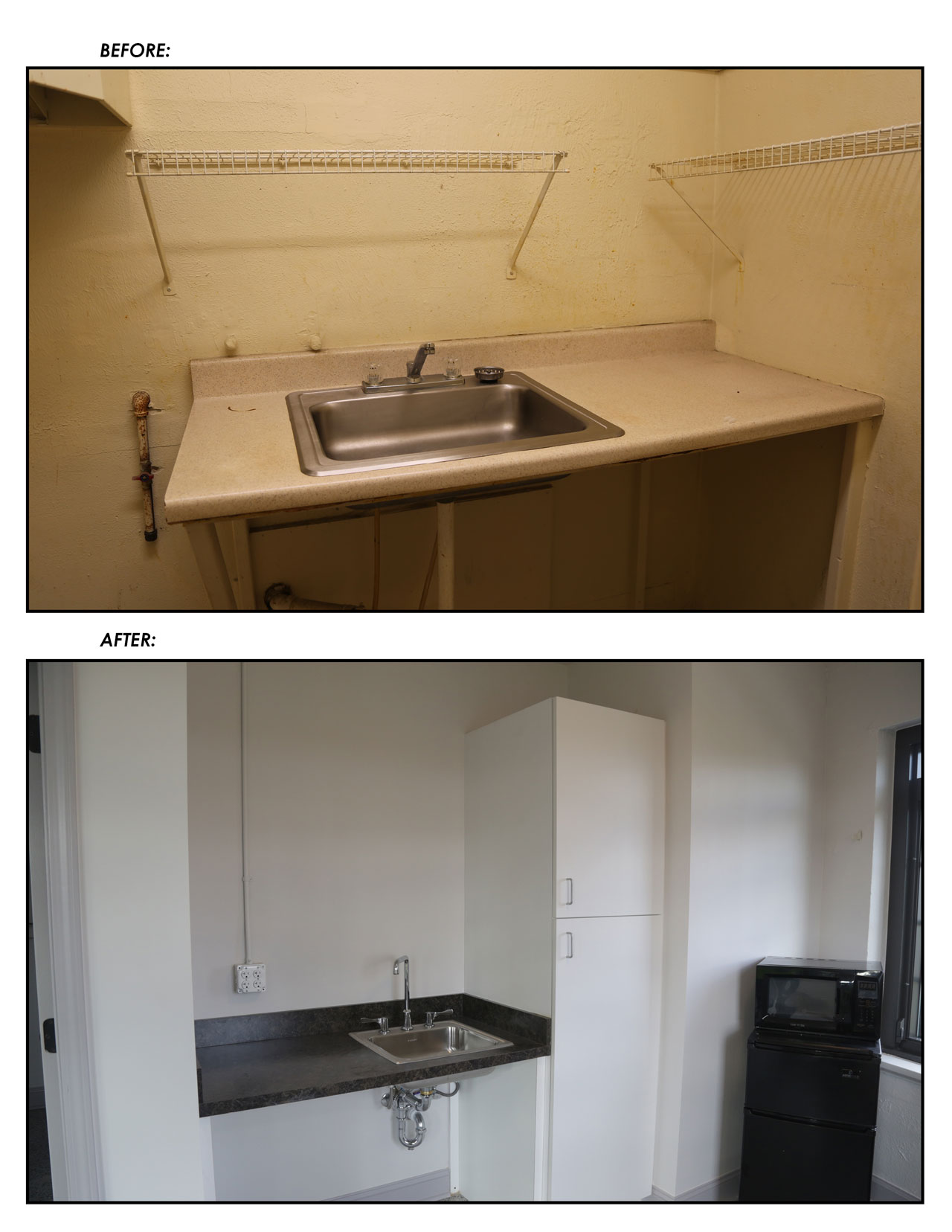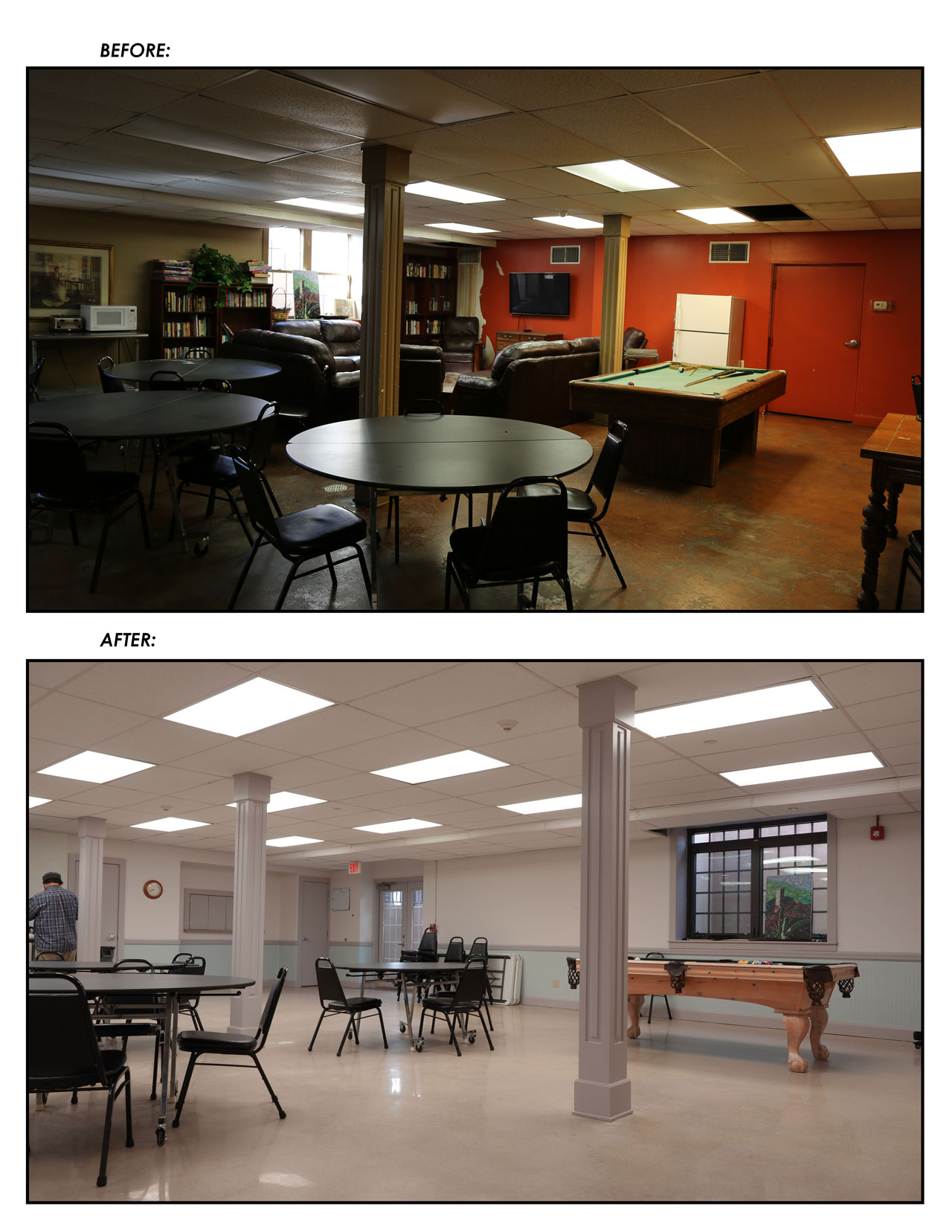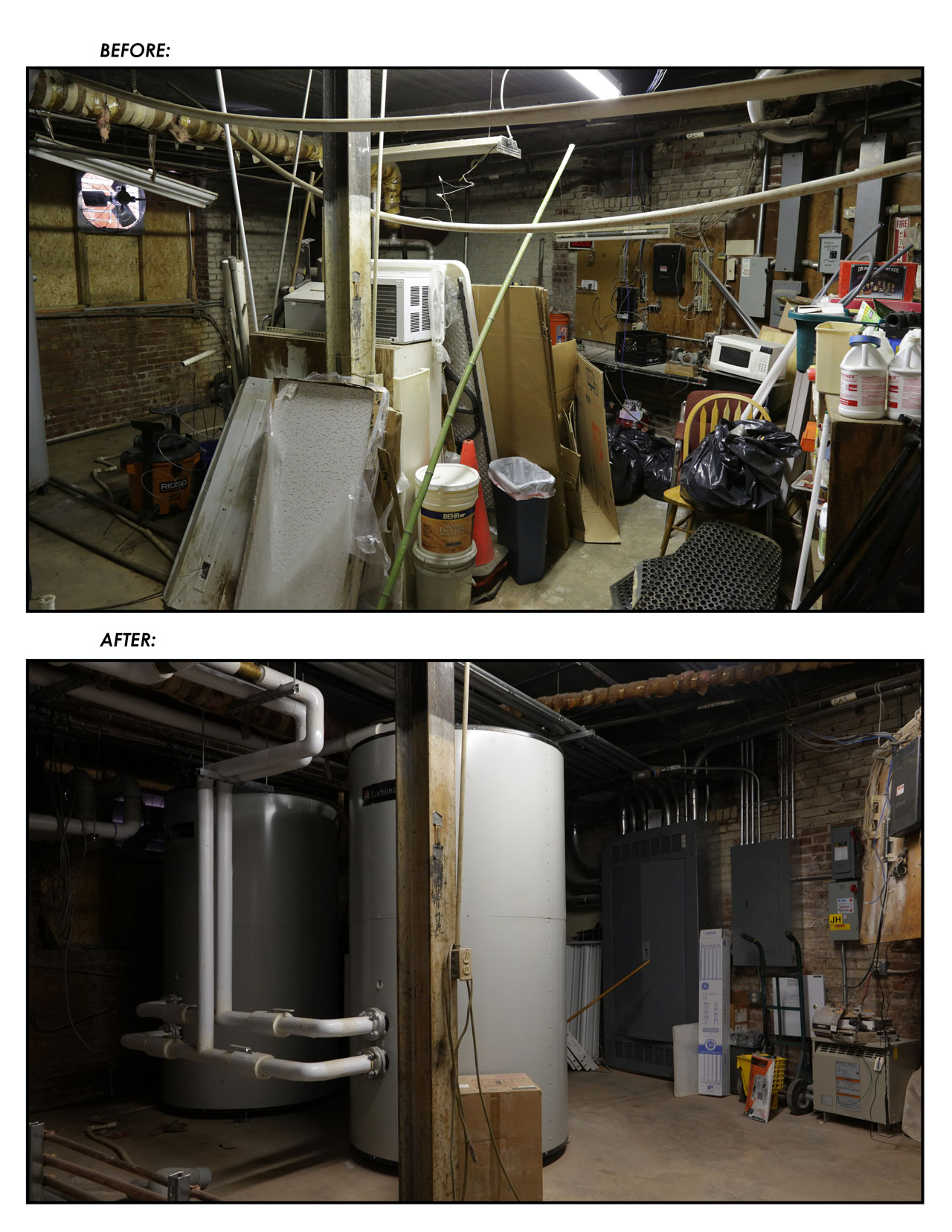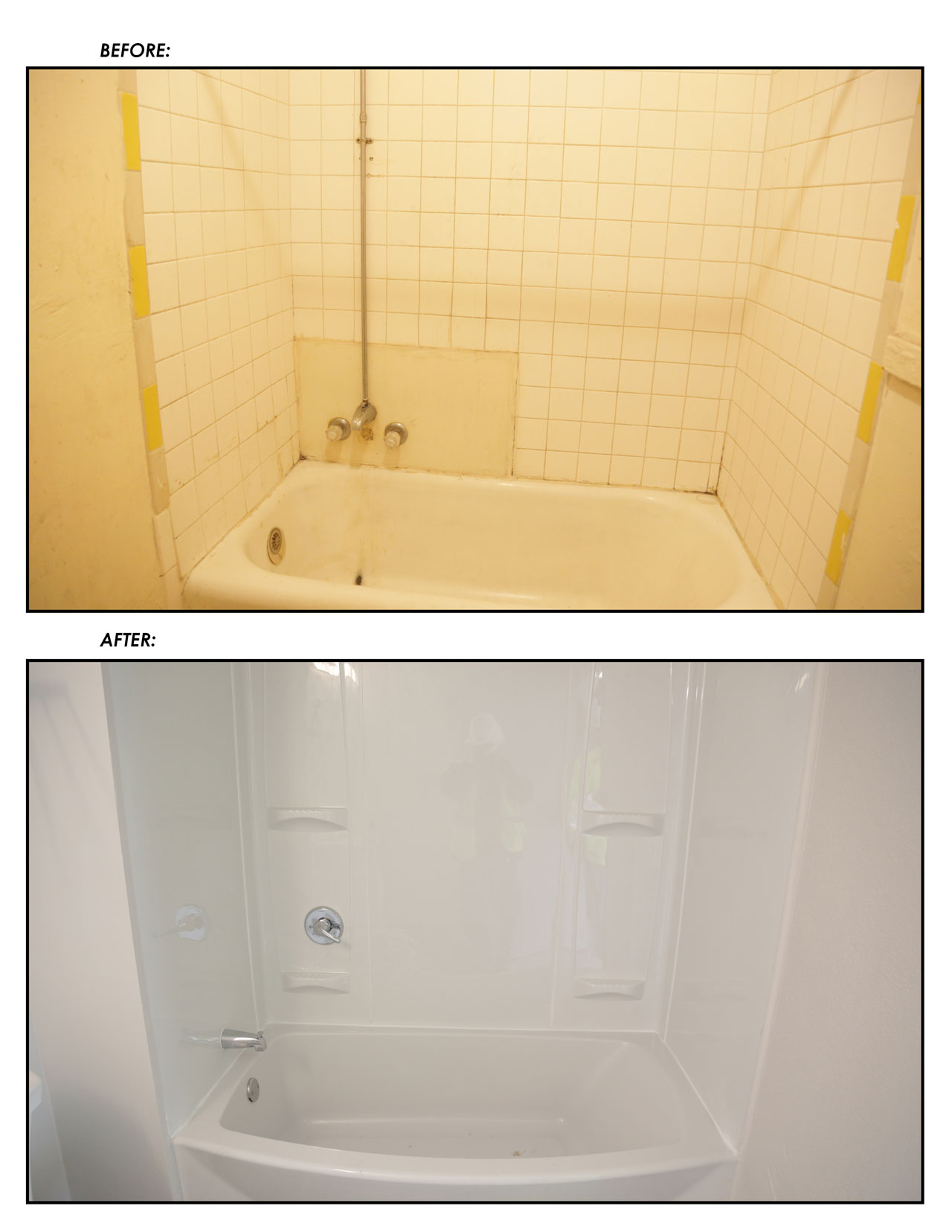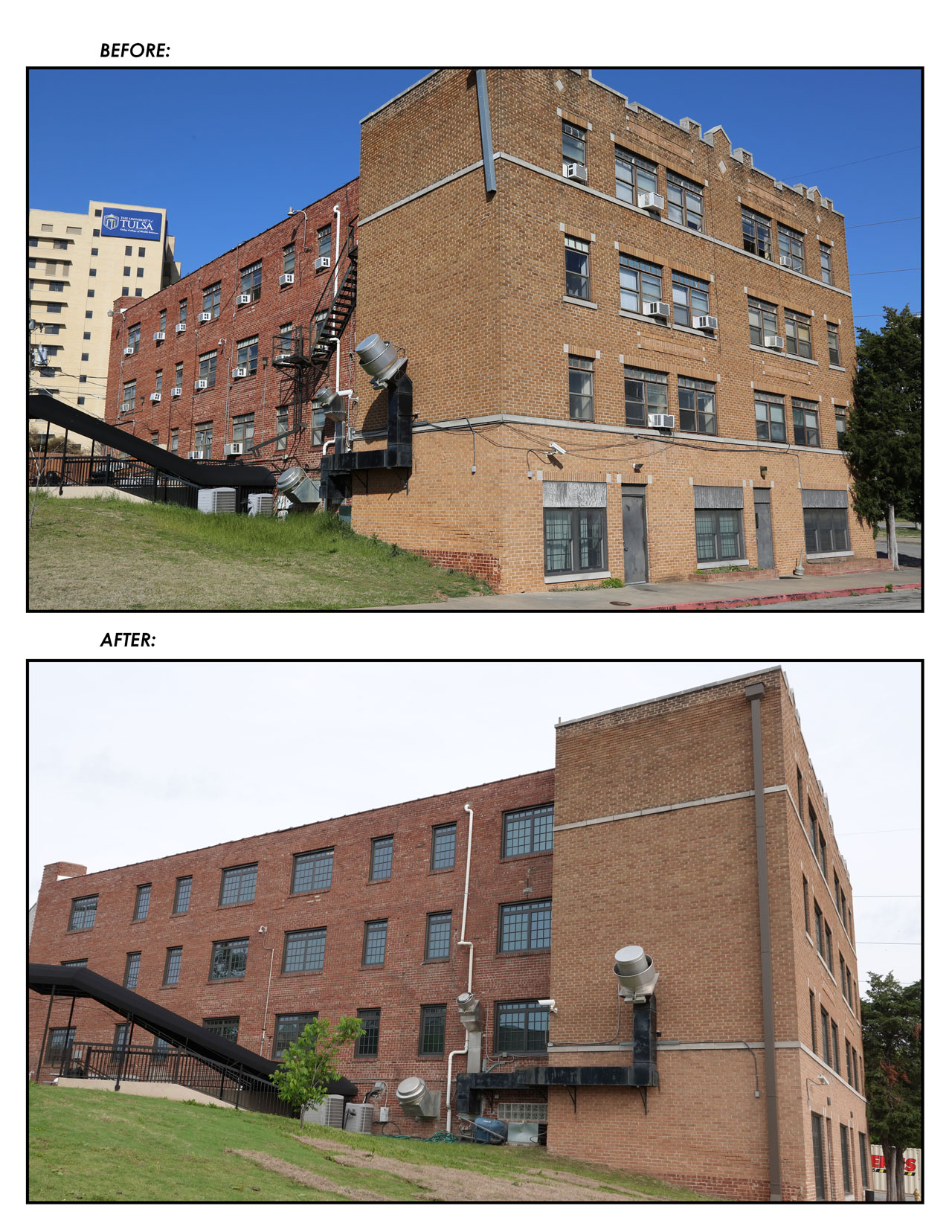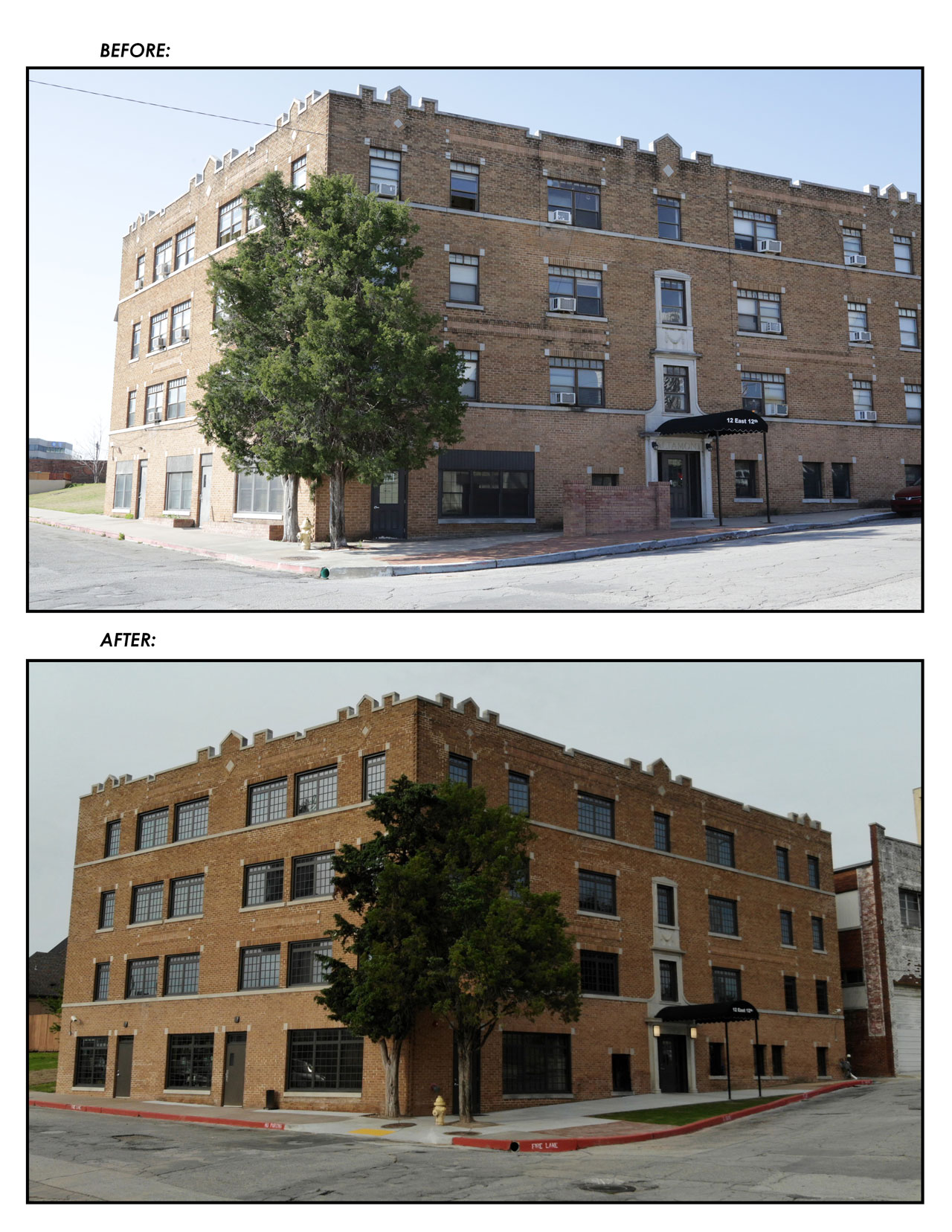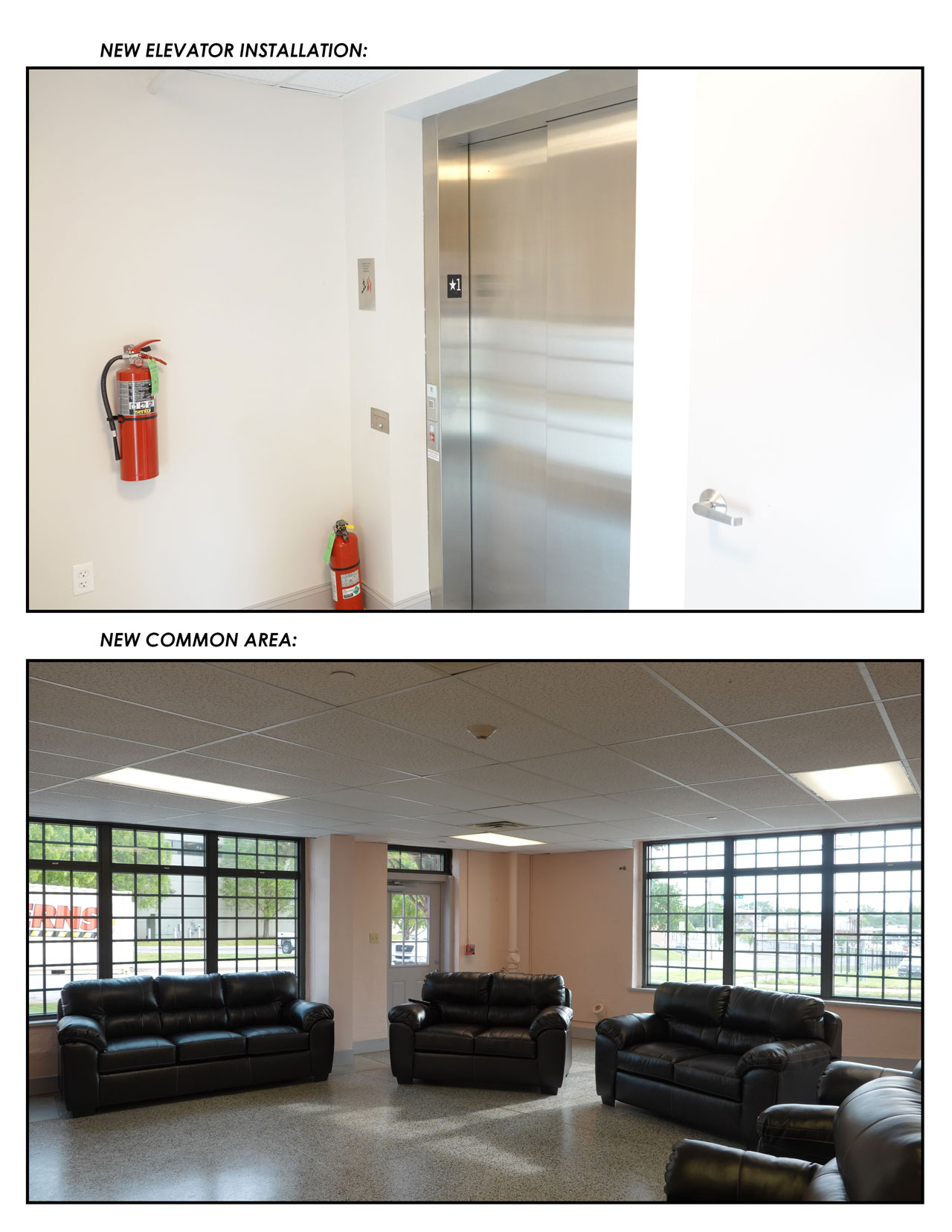Altamont Residence Hall
The Altamont Residence Hall was originally constructed in 1930, this four-story building is located on the southern edge of downtown Tulsa. Each floor was fitted with historically appropriate windows. Bathrooms and kitchenettes were renovated to house 39 residents. Installation of a new elevator, new HVAC, plumbing, sprinkler system, with electrical and mechanical upgrades were completed while partially occupied. Mental Health Association of Oklahoma acquired this building in 2004, currently housing individuals with mental and physical challenges.
The Oklahoma Housing Finance Agency provided National Housing Trust Funds in order to totally transform Altamont Residence Hall, a community for individuals who are chronically homeless and who are impacted by serious mental illness. This is one of the first “National Housing Trust Funds” project in the United States.
Built in 1930 and located on the southern edge of downtown Tulsa, MHAO acquired the building in 2004.
Before this renovation, the complex was supported by a dated boiler system, 85 year old plumbing/electrical systems, window A.C. units, community restrooms and finishes that had not been touched in decades. The goal of MHAO was to provide each tenant, with a freshly finished room with its own restroom, split system HVAC unit and kitchenette. Doing so required that the electrical and plumbing systems be replaced in full. ADA access was also of importance with the addition of 3 ADA compliant units and of course the installation of an elevator in the location of three previous apartment units. The existing windows were replaced with energy efficient aluminum windows that match the historic properties of the building. Exterior masonry has been cleaned and restored to its former state.
The original contract value was $2,235,000.00 and performed for a lump sum bid through a competitive bidding process. Seamless transition was achieved while keeping the building fire safe with the use of large fire rated overhead doors that remain open at all times unless there is a fire emergency.
Substantial completion was achieved due to weekly contractor meetings keeping all entities in line with the team effort. Because of the low structural height and the high efficiency systems installed, contractor coordination was critical to achieve success and with a zero-incident safety record.
Building Features and Highlights Include:
- Installation of the building’s first elevator-providing access for people with mobility impairments to the upper floors (HOME/MHAOK funded)
- New historically appropriate windows (HOME/MHAOK funded)
- Mechanical, electrical and plumbing upgrades (NTHF/OHFA)
- New and renovated bathrooms (NHTF/OHFA funded)
- New and renovated kitchenettes (NHTF/OHFA funded)
- New central air, electrical and mechanical upgrades (HOME/MHAOK funded)
- A sprinkling system (HOME/MHAOK funded)
- Renovated office area and foyer (MHAOK) funded)
- The renovation also includes accessibility improvements, fire and life safety upgrades and new paint throughout the interior.
Specific Challenges:
- Work performed in a multi-story building.
- Partially occupied during construction.
- Spaces were confined due to the existing structure.
- Collaborative efforts with other contractors performing additional projects within the building
- Scheduling long lead item for a quick turnaround project.
Overall Project Success:
- Due to the continual Safety Meetings and training, there were no Safety incidents to report.
- Weekly contractor/subcontractor coordination meetings kept a tight schedule on track.
- The three-week look-ahead schedule helped to identify the areas that needed progression.
- Construction was completed in time for a highly anticipated and publicized ground breaking.
Project Funding, Timeline & History:
- Estimated total renovation costs $2.7 million
- $972,000 provided by the City of Tulsa using HUD HOME funds for affordable housing
- $999,979 was provided by OHFA using National Housing Trust Funds (NHTF) for affordable housing for extremely low-income persons.
- The balance of the funding was provided by Mental Health Association Oklahoma.
- This is one of the first NHTF projects in the US and the first project nationally to be provided an operating reserve ($350,000 awarded by OHFA for use post-construction).
- The Altamont renovation began in late April 2018. It was made possible through a mix of public and private funding.
- Altamont is staffed 24/7 by caring people who understand the unique needs of Altamont tenants who have started new lives in recovery
- Contributing agencies include: MHAO, City of Tulsa, the Oklahoma Housing Finance Agency, the U.S. Department of Housing and Urban Development, the Oklahoma Department of Mental Health and Substance Abuse Services, the Tulsa Area United Way and all of our partners and supporters.
Without the belief in the mission and programs, many more people would be homeless in Tulsa and the Altamont Residence Hall would not be possible.


